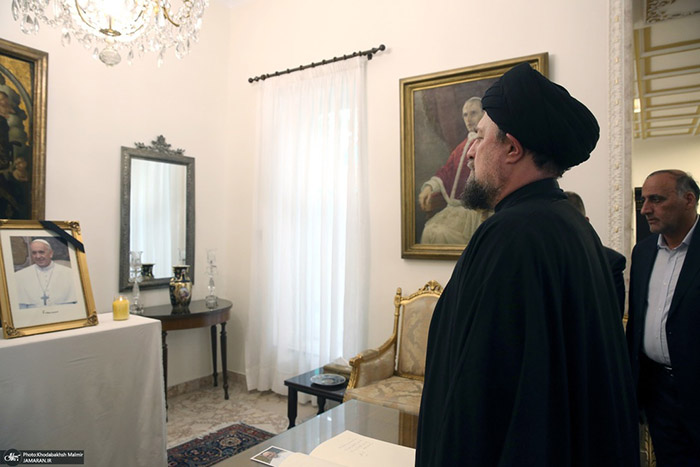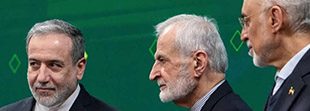A Legacy of Compassion and Reform
Pope Francis, born Jorge Mario Bergoglio in Buenos Aires, Argentina, in 1936, ascended to the papacy in March 2013 following the resignation of Pope Benedict XVI. As the first Jesuit pope, the first from the Southern Hemisphere, and the first non-European pope in over 1,200 years, his election alone marked a historic turning point for the Roman Catholic Church. But it was the nature of his leadership—marked by humility, reform, and a deep concern for the marginalized—that defined his legacy.
From the beginning, Pope Francis chose a different path. He declined to live in the ornate papal apartments in the Apostolic Palace, opting instead for a modest suite in the Casa Santa Marta. He rejected traditional papal vestments and protocol in favor of simplicity. His first public words as pope, asking the people to pray for him, set the tone for a papacy that would emphasize service, listening, and spiritual renewal over hierarchy and tradition.
Pope Francis’s major reforms included a comprehensive restructuring of the Vatican bureaucracy, efforts to address the sexual abuse crisis with new accountability measures, and a renewed focus on social justice. His encyclical Laudato Si’, published in 2015, was a landmark document calling for environmental stewardship and a rethinking of humanity’s relationship with nature. He continuously highlighted the importance of caring for the poor, refugees, and those excluded by society.

